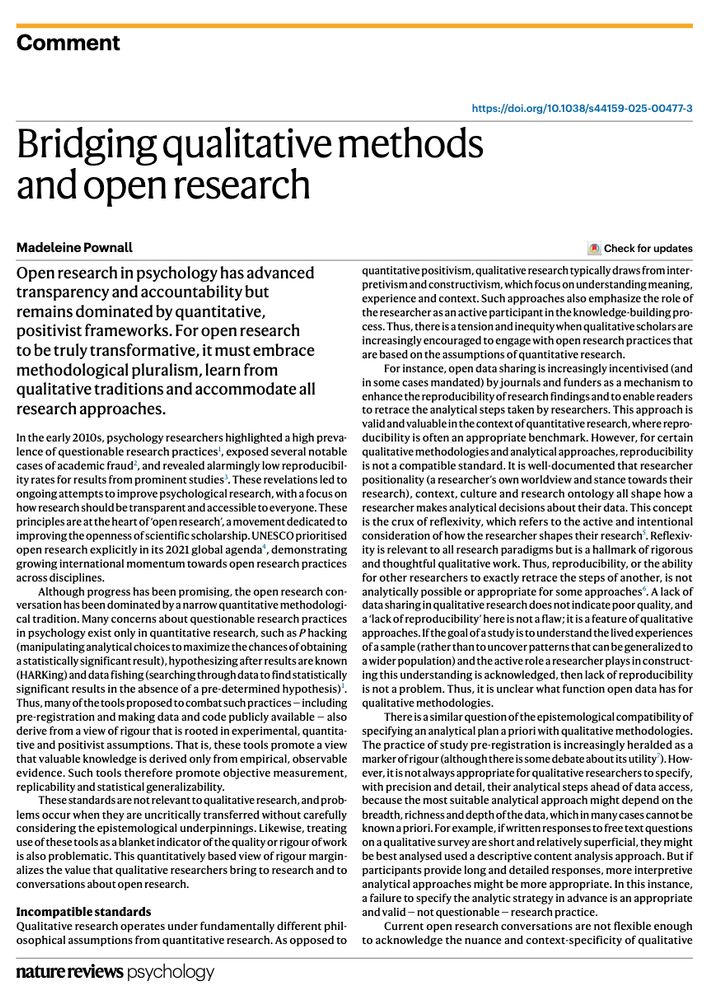Dr. Alexandra Zidenberg
@alexandrazidenberg.bsky.social
1K followers
790 following
110 posts
She/Her/Elle | Assistant Professor at the University of Montreal | Forensic Psychology | @uSask, @OTfpsych and @LaurentianU alum | #FirstGen | Views are my own 🏳️🌈
Posts
Media
Videos
Starter Packs
Reposted by Dr. Alexandra Zidenberg
Reposted by Dr. Alexandra Zidenberg
Reposted by Dr. Alexandra Zidenberg
Reposted by Dr. Alexandra Zidenberg










